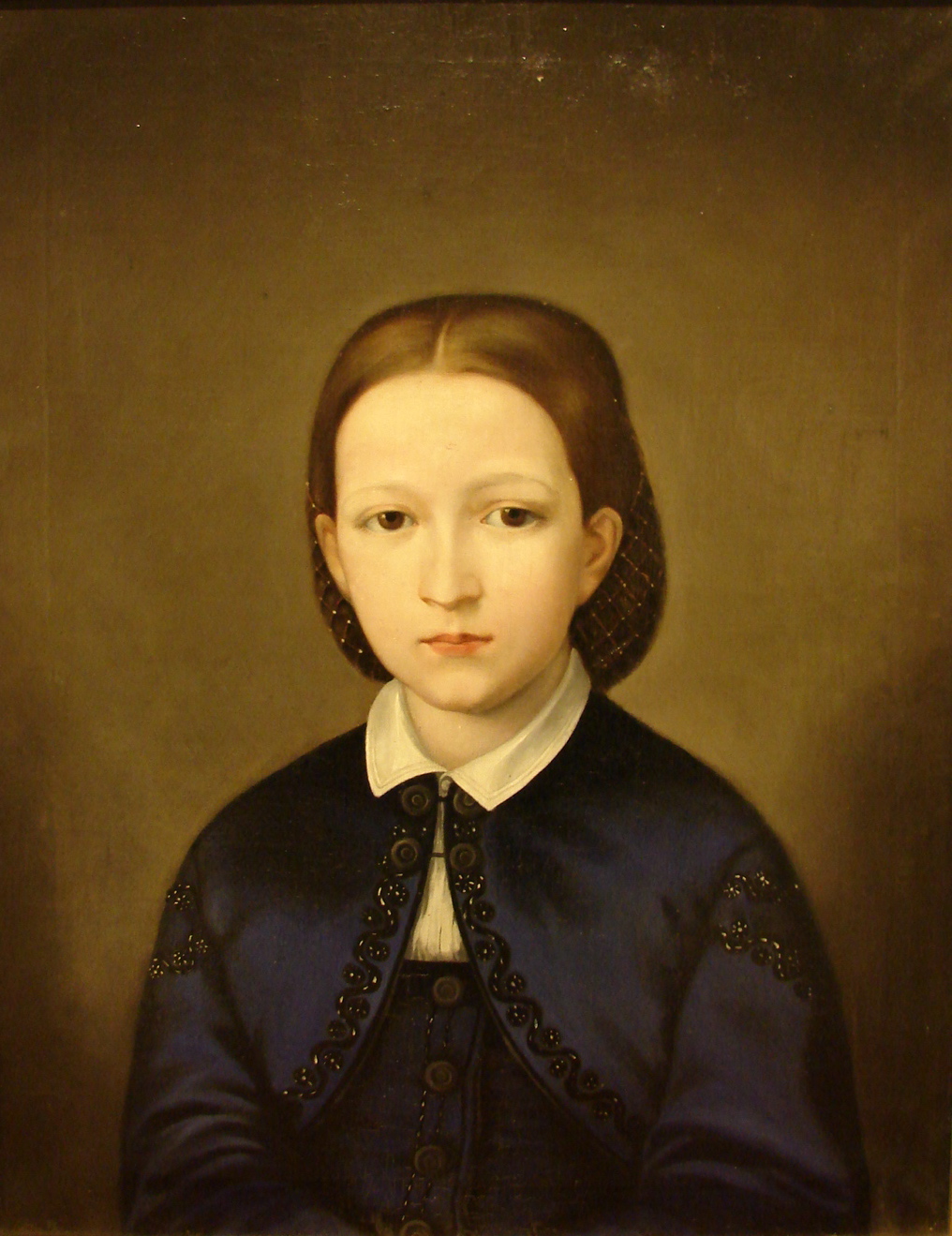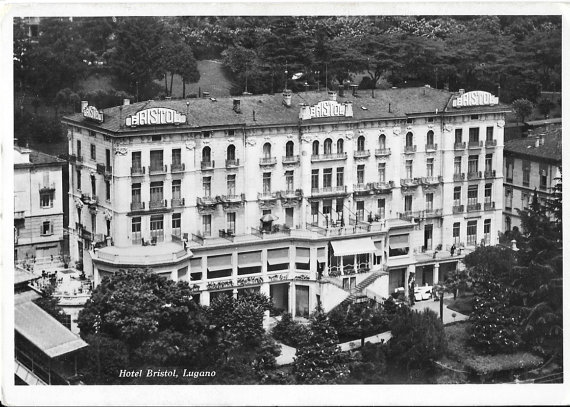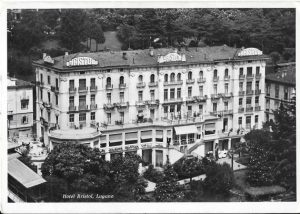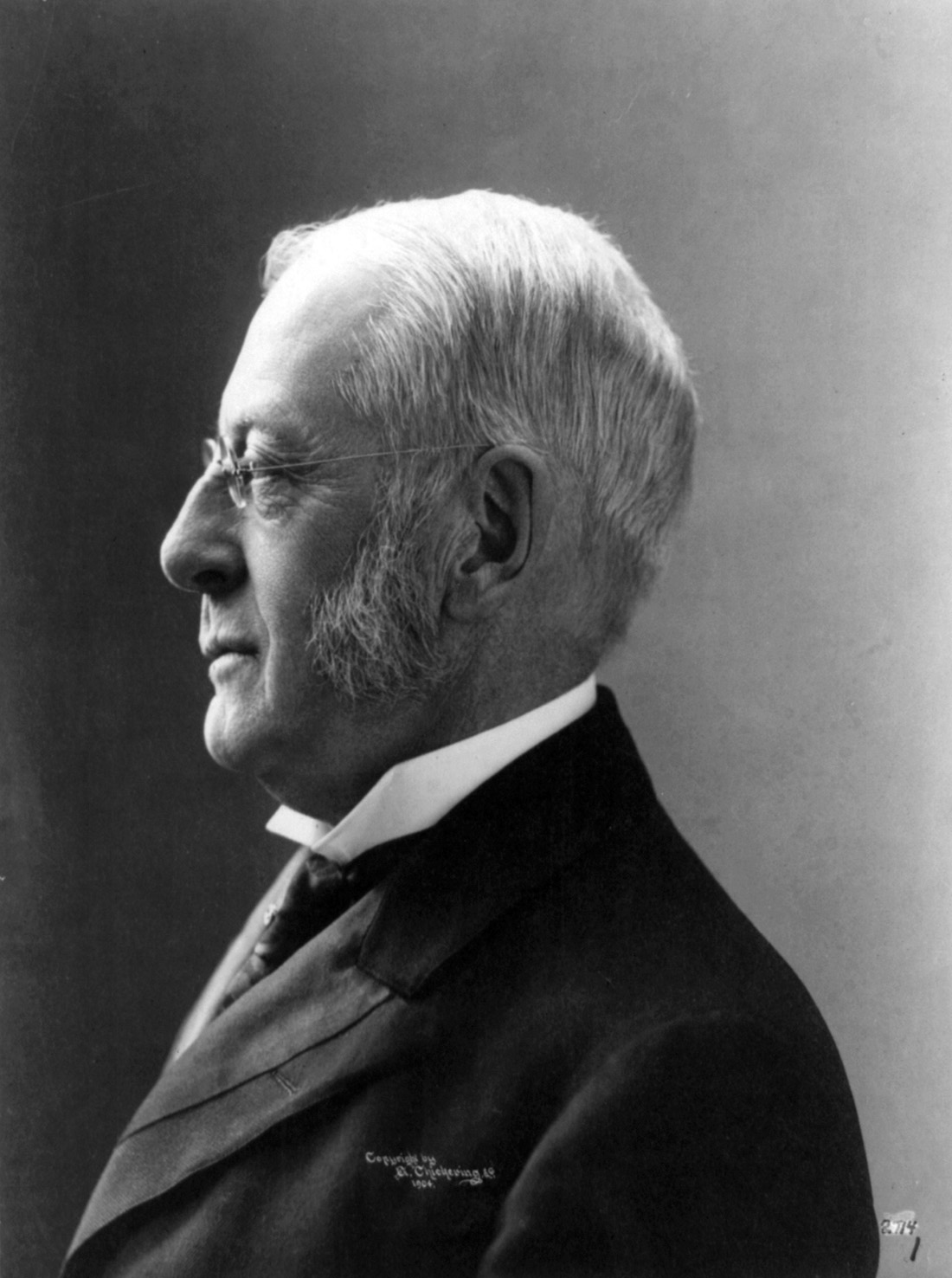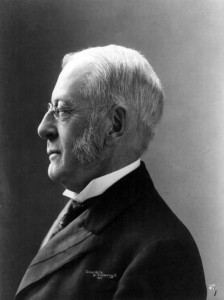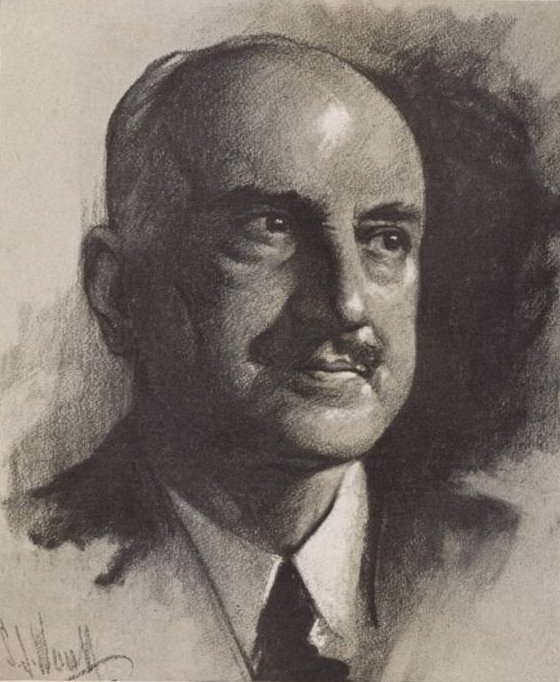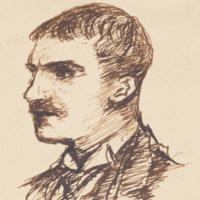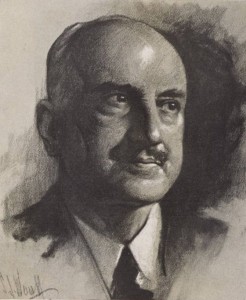 To George Sturgis
To George Sturgis
Grand Hotel Rome
Rome. January 31, 1941
Dear George,
The Credito Italiano telephoned this morning to say the lire miste had arrived, and awaited my convenience. Unluckily I had a relapse, complicated by a colic (something antedeluvian in my history, but perhaps this is one form of a second childhood) and although better and quite comfortable I am still confined to my rooms. I get up and have my meals and receive my doctor in my salotto or sitting-room. For six nights I had a nurse who gave me my medicines and much conversation. She says there are too many children. Her two boys, being a widow, bring her no end of work in order to provide for their superior education. Evidently society is in a fluid state. I hope the end of this war will bring a new organization that may last, in fundamentals, for a thousand years. I mean in all countries.
I had never heard of lire miste, nor had my doctor (although he is a Jew, and a very nice person). From what the man at the Credito Italiano said this morning, I gather that a non-Italian bank is involved in the issue. In any case, the better exchange will partly take the place of the 20% that I got these last two times from the government.
Thank you for sending Pepe my Xmas present for the children. Pepe’s daughter Josefina and his son Eduardo have written. She has two babies and he is expecting one. That is all they write about. Too many children!
Yours affly G Santayana
From The Letters of George Santayana: Book Seven, 1941-1947. Cambridge, MA: The MIT Press, 2006.
Location of manuscript: The Houghton Library, Harvard University, Cambridge MA.
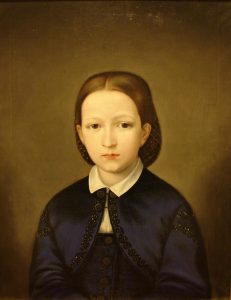 To Susan and Josephine Sturgis
To Susan and Josephine Sturgis
